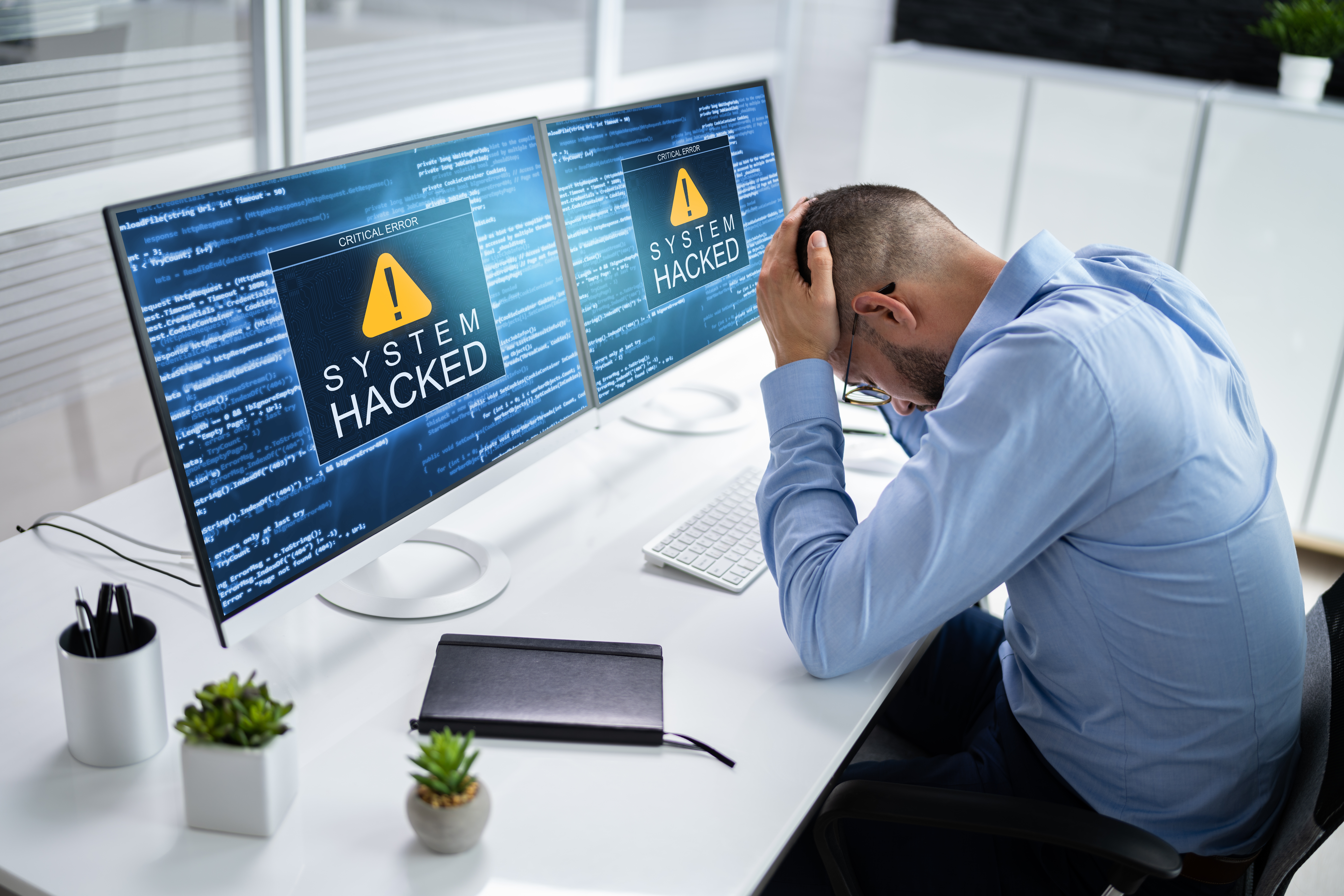The advent of the digital age has brought about several opportunities for independent entrepreneurs and freelancers worldwide. One such platform is Fiverr, a popular freelance marketplace. However, with these opportunities also come risks. The specter of cybersecurity perils, with malware attacks at the forefront, has amplified into a pressing issue for the solo professionals utilizing platforms like Fiverr. This article takes a comprehensive dive into the labyrinth of malware onslaughts on Fiverr and suggests actionable avenues whereby freelancers can defend against them.
Understanding Malware Attacks on Fiverr
“Malware” (a contraction of the words “malicious” and “software”) is an umbrella term covering an array of harmful software varieties—viruses, worms, ransomware, spyware . . . the list goes on. These cyber weapons are conceived with the express intent to breach, inflict harm, or sow disruption within the digital confines of a user’s system or network. For platforms like Fiverr, the faces of these attacks may morph into a destructive medley of innocuous-looking phishing emails, infection-carrying files, malevolent links, and more.
When targeting Fiverr, malware onslaughts are cunningly sculpted; their aim is to dupe unsuspecting freelancers into revealing critical data points such as login details or financial secrets, or inadvertently facilitating the ingress of harmful software onto their systems. Once the insidious software has penetrated the victim’s defenses, it can wreak havoc, throwing a wrench in the freelance machine, imperiling client data confidentiality, and possibly causing a hard financial hit.
The Implications of Malware Attacks on Freelancers
Beyond the immediate disruption and potential financial implications, malware attacks can have long-term consequences for freelancers. A cascade of consequences follows a breach—falling client confidence, a marred reputation, and in worst-case scenarios, the shadow of legal trouble looming in the wake of data leaks. Clearly, safeguarding against these virtual assaults should be a top priority for every freelancer within Fiverr’s domain (and on similar platforms).
Common Forms of Malware Attacks on Fiverr
Phishing Emails
Phishing refers to deceptive emails that appear to be from Fiverr or a potential client. They typically contain a malicious link or ask for personal information. Once the recipient clicks the link or shares their information, the attacker gains access to their account or infects their system with malware.
Infected Files
Some attackers may pose as potential clients and send infected files disguised as work samples or project files. When freelancers open these files, they inadvertently install malware on their system.
Malicious Links
Freelancers may also receive messages on Fiverr containing malicious links. When clicked, these links can take the victim to fraudulant websites designed to steal personal information or download malware.
How Freelancers Can Protect Themselves from Malware Attacks
Protecting oneself from malware attacks requires a multi-pronged approach, combining robust cybersecurity measures with informed behavior online. Below are some strategies freelancers can adopt to safeguard their online presence.
Implement Strong Password Practices
Using strong, unique passwords is one of the easiest ways to protect your accounts from cyber threats. Consider using a reputable password manager to help generate and store complex passwords.
Embrace the Double Lock: Two-Factor Authentication (2FA)
Infusing an extra level of security, two-factor authentication requires double proof of identity before allowing you (or anyone else who might be trying) entry to your account. Fiverr offers the 2FA option, which we highly recommend you activate as a security strategy.
Be Wary of Suspicious Emails and Messages
Be the master of your cyber world. Exercise caution and never click on links or download attachments emanating from unknown or unverified origins, no matter how tempting they look. The digital realm, like our physical world, has its dark alleys. If you encounter an email or message that raises your suspicion, you’d be wise to delete it from your system, block the sender, and/or take action by reporting it to Fiverr.
Install a Trustworthy Antivirus Software
Your digital fortress is only as strong as its defense mechanisms. Regularly updating and running antivirus software can safeguard your system from known cyber threats. But even antivirus software grows old and can become battle-weary and outdated. Keep it in its prime by updating it regularly, so it’s ready and able to defeat the evolving hydra of malware forms that keep sprouting new heads.
Keep Your System and Applications Updated
Just as a neglected house develops cracks and fissures, outdated software often nurtures vulnerabilities that are ripe for cunning malware to exploit. Regularly updating your operating system and all applications is critical—prioritize it as you prioritize maintaining your home. Doing so not only improves your user experience; it also deploys a protective shield against advancing hordes of cyber threats.
Back Up Your Data Regularly
In the event of a successful attack, having a recent data backup can minimize the damage. Make it a habit to back up your data regularly on an external hard drive or a trusted cloud service.
The Role of Fiverr in Protecting Freelancers
Fiverr, like other freelance platforms, has a role to play in protecting its users. The platform harnesses intricate security protocols to defend its digital domain and the user accounts that live there. Additionally, it offers a plethora of resources and navigation charts to help users sidestep scams and cyber onslaughts.
However, the primary responsibility for cybersecurity rests with the individual freelancer. By implementing the above strategies and maintaining a vigilant and informed approach to online interactions, freelancers can significantly reduce their risk of falling victim to malware attacks.
Wrapping up
In our digital age, the specter of cybersecurity is always looming, casting its shadow on everyone, including freelancers navigating Fiverr and similar landscapes. By understanding the potential perils and forging ironclad defenses, these entrepreneurs empower themselves to protect their livelihoods, their reputations, and their clientele’s data. With a proactive approach to cybersecurity, the benefits of freelance platforms like Fiverr can far outweigh the risks.




